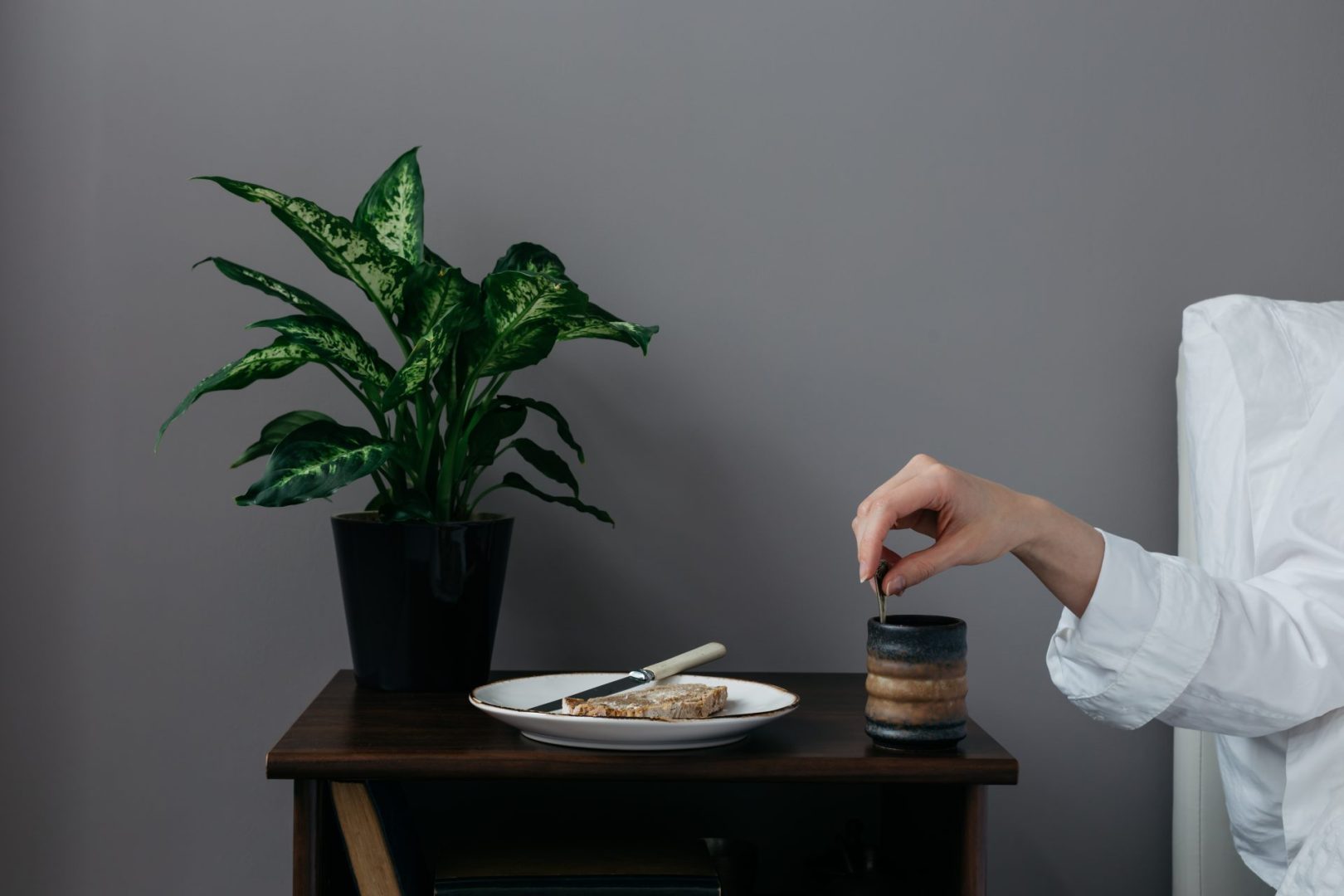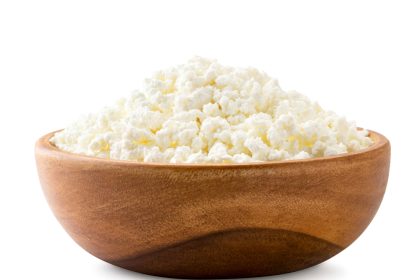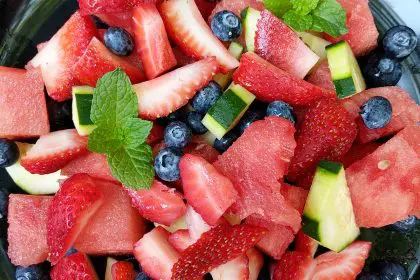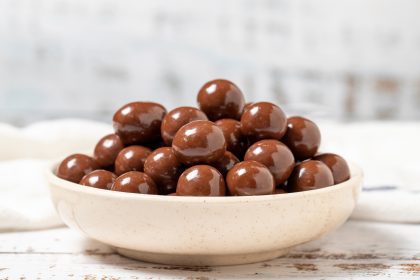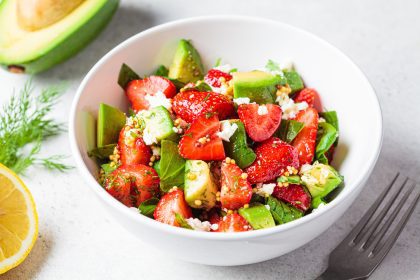When the kitchen calls your name after dark, the choices you make can mean the difference between peaceful sleep and midnight regrets. Here’s your guide to nighttime noshing that works with your body instead of against it.
Nighttime eating affects more than just your waistline
That midnight trip to the refrigerator isn’t just a matter of extra calories—it’s about how your body processes food during sleeping hours. Evening snacking has become a modern ritual for many Americans, with televisions, smartphones, and late work schedules creating the perfect environment for mindless munching.
The timing of eating matters significantly. Your digestive system naturally slows as evening approaches, preparing your body for rest rather than processing nutrients. When you eat close to bedtime, your metabolism isn’t operating at peak efficiency, and your body struggles to burn those calories effectively.
Research published in the Journal of Clinical Endocrinology & Metabolism found that late-night eating affects glucose tolerance and reduces fat oxidation. This means your body becomes less effective at using food for energy and more likely to store it as fat when you eat later in the evening.
Sleep quality suffers too. A heavy or inappropriate snack can disrupt sleep architecture—the natural progression through sleep stages that your body needs for restoration. This disruption leads to less restorative sleep, even if you don’t fully wake up during the night.
The real reasons behind your midnight cravings
The drive to snack at night often has little to do with actual hunger. Several factors contribute to that compelling urge to raid the pantry when the sun goes down.
For many, daytime eating patterns set the stage for evening hunger. Skipping breakfast, working through lunch, or significantly restricting calories during daylight hours can trigger powerful compensatory hunger when you finally relax in the evening.
Stress plays a major role as well. Cortisol, the primary stress hormone, can trigger cravings for high-calorie, carbohydrate-rich foods. After a demanding day, your body might be seeking quick energy and mood-lifting effects that come from these foods.
Sleep deprivation itself creates a vicious cycle of poor food choices. Research from the University of Chicago found that insufficient sleep alters the balance of hormones that regulate hunger—increasing ghrelin (which stimulates appetite) and decreasing leptin (which signals fullness).
Evening rituals and habits form another powerful driver. Just as Pavlov’s dogs salivated at the sound of a bell, your brain might associate evening activities like watching television with the pleasure of snacking, creating a learned hunger response that has nothing to do with physical need.
The magnificent 7: snacks that enhance sleep quality
- Tart cherry and walnut combination
Tart cherries are one of the few natural food sources of melatonin, the hormone that regulates your sleep-wake cycle. A handful of walnuts adds sleep-promoting nutrients like magnesium and healthy omega-3 fatty acids. Together, they make a powerful sleep-enhancing duo that satisfies sweet and crunchy cravings simultaneously.
- Greek yogurt with berry blend
The calcium in Greek yogurt helps your brain use tryptophan to manufacture melatonin. Meanwhile, berries provide natural sweetness with less sugar than many desserts, along with antioxidants that fight inflammation. The protein content helps maintain stable blood sugar throughout the night, preventing early morning hunger.
- Warm milk with cinnamon
This traditional remedy has science behind it. Milk contains both calcium and tryptophan, which work together to promote relaxation. Adding a sprinkle of cinnamon not only enhances flavor without adding sugar but also helps regulate blood sugar levels. The ritual of preparing and sipping a warm drink can itself become a sleep-inducing wind-down signal.
- Hummus with vegetable dippers
Chickpeas contain vitamin B6, which your body needs to produce melatonin and serotonin. Pairing hummus with raw vegetables like cucumber slices, bell peppers, or carrot sticks adds fiber that slows digestion, preventing the blood sugar spikes that can wake you during the night.
- Banana with almond butter
This combination delivers magnesium from both foods, a mineral that functions as a natural muscle relaxant. Bananas also provide potassium which helps prevent muscle cramps that might wake you up. The healthy fats in almond butter promote satiety that lasts through the night.
- Whole grain toast with cheese
The complex carbohydrates in whole grain bread help increase serotonin levels, promoting relaxation. Adding a slice of cheese provides calcium and protein that stabilize blood sugar while you sleep. This combination also offers a satisfying texture contrast between the crisp toast and creamy cheese.
- Egg and avocado mini sandwich
For those with more substantial evening hunger, a mini sandwich on whole grain bread combines sleep-promoting complex carbs with protein from the egg and healthy fats from avocado. Eggs contain melatonin precursors, while avocados add magnesium and potassium that support muscle relaxation.
Foods that wreck your sleep cycle
While some food choices promote restful sleep, others virtually guarantee disruption. Avoiding these sleep saboteurs is just as important as choosing the right snacks.
Caffeine has obvious effects on sleep, but many people don’t realize it has a half-life of 5-7 hours in most adults. That means the coffee you enjoyed at 4 p.m. is still actively stimulating your nervous system at 10 p.m. Hidden caffeine sources include chocolate, some teas, and many sodas.
Alcohol creates the illusion of helping sleep by making you feel drowsy initially. However, as your body metabolizes alcohol during the night, it disrupts REM sleep—the phase most responsible for feeling mentally refreshed in the morning. Even moderate amounts reduce overall sleep quality.
Spicy foods trigger heartburn in many people, particularly when lying down. The discomfort can prevent falling asleep or cause painful midnight awakenings. The capsaicin in spicy foods can also temporarily raise your core body temperature, interfering with the natural temperature drop that facilitates sleep.
Sugar causes dramatic fluctuations in blood glucose levels. The initial high might make you drowsy, but the subsequent crash often wakes people in the middle of the night, sometimes with feelings of anxiety or hunger that make returning to sleep difficult.
Breaking the nighttime eating cycle
Transforming evening eating habits requires addressing both physical hunger and psychological patterns. These strategies help reshape your relationship with nighttime snacking:
The timing of your final meal significantly impacts evening hunger. Try eating dinner no earlier than 3-4 hours before bedtime, including sufficient protein and fiber to promote longer-lasting fullness.
Create a designated eating window that closes at least two hours before sleep. This boundary helps your body adjust to predictable eating patterns and allows proper digestion before lying down.
Develop a sleep-friendly evening routine that doesn’t revolve around food. Reading, gentle stretching, meditation, or taking a warm bath can replace snacking as your wind-down ritual.
Prepare portion-controlled snacks in advance for those occasions when true hunger strikes. Having pre-measured, sleep-promoting options readily available prevents impulsive choices when willpower is low.
Stay hydrated throughout the day. Mild dehydration often masquerades as hunger, especially in the evening. Keep a water bottle nearby and reach for it first when cravings strike.
The choices you make after dark influence not just your sleep quality but your overall health. With mindful planning and an understanding of how food affects your body’s natural rhythms, you can transform nighttime eating from a potential problem into a supportive practice that enhances your rest and wellbeing.

